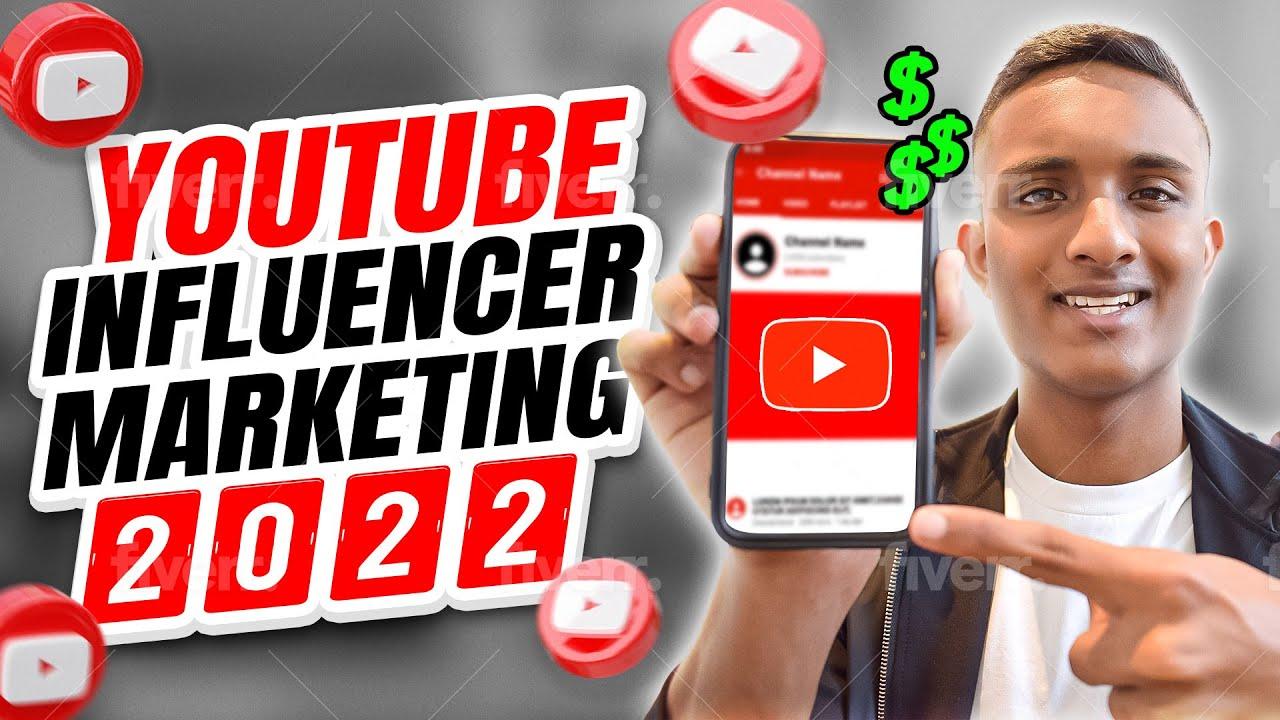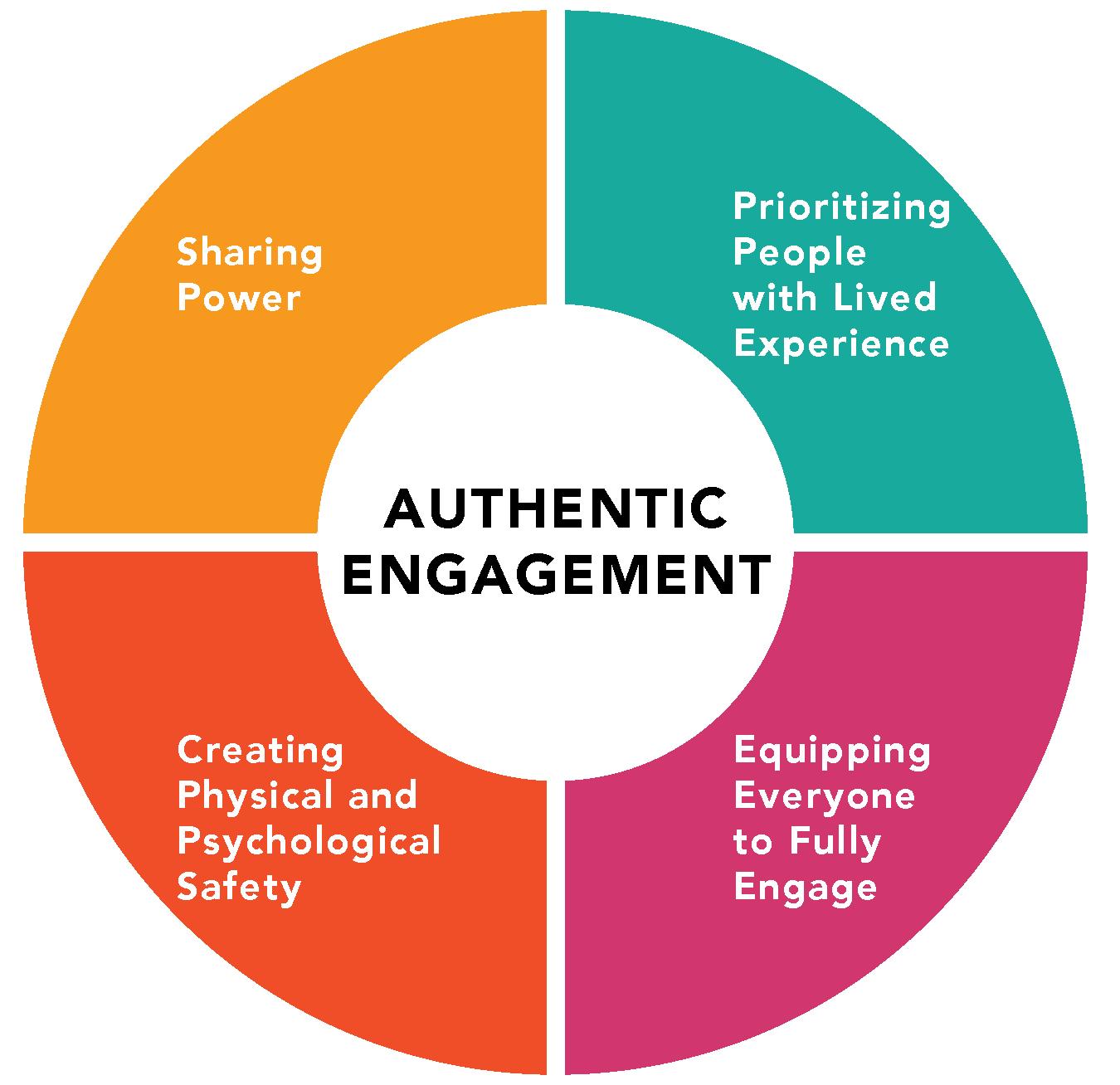
Untangling the Law: Navigating YouTube Influencer Marketing
In the vibrant world of YouTube, where creativity meets commerce, influencers have emerged as the new vanguards of brand messaging. With millions of followers hanging onto their every word, these digital storytellers possess an unparalleled ability to sway public opinion and drive consumer behavior. However, as the boundary between authentic content and paid promotion continues to blur, so to does the complexity of the legal landscape surrounding influencer marketing. From disclosure requirements mandated by regulatory bodies to the nuances of copyright and intellectual property, navigating this terrain can feel akin to deciphering a labyrinthine puzzle. In this article, we will embark on a journey to untangle the intricate web of laws governing YouTube influencer marketing, providing insights and guidelines to help influencers, brands, and legal professionals alike steer their way through this dynamic environment. Your guide to understanding the rules of the game begins here.
Understanding the Regulatory Landscape for Influencer Marketing on YouTube
In the dynamic world of YouTube influencer marketing, understanding the regulatory landscape is paramount for creators and brands alike.The Federal Trade Commission (FTC) plays a crucial role in ensuring transparency and consumer protection.Influencers must adhere to guidelines that require clear disclosures when they receive compensation or free products. Failure to comply can lead to penalties, tarnishing both the influencer’s reputation and the brand’s image. Key aspects of these regulations include:
- Clear Disclosures: Influencers should use terms like “ad,” “sponsored,” or “partnership” at the beginning of posts.
- Contextual Clarity: Disclosures must be easily noticeable and understandable to the audience.
- Consistency: All forms of content, ranging from videos to social media postings, require proper disclosure.
Aside from FTC guidelines, YouTube has its own set of community standards and advertising policies that influencers must navigate.These regulations not only ensure compliance but also foster a trustworthy environment for viewers.Here’s a summary of some crucial YouTube policies:
| Policy Type | Description |
|---|---|
| Content Guidelines | Prohibits deceptive practices and misleading content. |
| Monetization Standards | Requires adherence to policies for content to be eligible for monetization. |
| Copyright Policies | Mandates proper use of third-party content,including music and visuals. |

Best Practices for Transparent Sponsorships and Disclosures
In the realm of YouTube influencer marketing, maintaining transparency is paramount to cultivating trust among your audience.Clear and consistent disclosures enhance credibility and help ensure compliance with legal standards. Influencers should utilize methods such as verbal acknowledgments or on-screen text to inform viewers of sponsored content. Consider these effective approaches for sponsorship transparency:
- Use Clear language: Phrases like “paid partnership,” “sponsored,” or “advertisement” should be prominently used to avoid ambiguity.
- Position Disclosures Strategically: Place disclosures at the beginning of videos or in the video description to ensure they are easily noticeable.
- Engage with Your Audience: Encourage comments and questions regarding sponsored content to foster an interactive environment.
It’s essential for brands and influencers alike to understand and adhere to regulatory guidelines set forth by organizations like the Federal Trade Commission (FTC). Establishing a robust disclosure process can be simplified by following a structured approach. Below is a straightforward outline to guide your sponsorship disclosure strategy:
| Step | description |
|---|---|
| 1. disclosure timing | Reveal the sponsorship at the start of the video. |
| 2. Clarity of Message | Use simple language to communicate sponsorship. |
| 3. Consistent Practices | Apply the same disclosure methods across all videos. |

Crafting Authentic Engagement: Balancing Creativity with Compliance
In the rapidly evolving landscape of influencer marketing, especially on platforms like YouTube, finding the sweet spot between creativity and compliance can be a daunting task. Brands now have the challenge not only to capture the audience’s attention through innovative content but also to adhere to the legal frameworks established by regulatory bodies. Striking this balance means embracing both authenticity and transparency. Influencers should be upfront about sponsored content by disclosing partnerships effectively, making it clear to their followers that the content is a part of a paid promotion. This not only fosters trust but enhances their credibility.
To help navigate these waters, it’s essential for influencers and brands alike to consider factors that contribute to genuine engagement while staying compliant. Here are some key elements to focus on:
- Clear Disclosures: Always use clear language such as “#ad” or “sponsored” to indicate paid partnerships.
- Engaging Content: Create content that resonates with your audience while incorporating the brand’s message organically.
- Regular Training: Stay updated on the latest regulations and best practices in influencer marketing.
- audience Respect: Prioritize genuine connection over mere promotion, respecting your audience’s intelligence and time.
By prioritizing these aspects,influencers can create campaigns that resonate well with their audience while staying on the right side of the law. It’s all about innovatively weaving compliance into the fabric of creative storytelling.

Mitigating Risks: Legal Considerations for Brands Collaborating with Influencers
In the dynamic world of influencer marketing, brands must tread carefully to avoid potential pitfalls.Collaborating with influencers can substantially amplify a brand’s reach and engagement, but it’s imperative to consider legal frameworks that govern such partnerships. Key aspects to keep in mind include:
- Disclosure Requirements: The Federal Trade Commission (FTC) mandates that endorsements must be clearly disclosed. Influencers should use hashtags like #ad or #sponsored to inform their audience about paid partnerships.
- Contractual Agreements: Ensure that a detailed contract is in place, outlining expectations, deliverables, and payment terms. This not only protects both parties but also serves as a reference point in case of disputes.
- Intellectual Property Rights: Clarify who owns the content created during the collaboration. This can prevent misunderstandings over the use of images, videos, and brand logos.
Another vital aspect to consider is the risk of reputational damage. Brands should vet influencers to ensure their values align with those of the brand. A misaligned association can lead to public backlash and loss of consumer trust.To help understand the landscape better, brands can refer to the following table summarizing risks and preventative measures:
| risk | Preventative Measure |
|---|---|
| Non-compliance with FTC regulations | Educate influencers on disclosure requirements |
| Negative publicity | Perform background checks on influencers |
| Intellectual property disputes | Include IP rights clauses in contracts |
To Wrap It Up
As we conclude our exploration into the intricate world of YouTube influencer marketing, it becomes clear that navigating this dynamic landscape requires more than just creativity and charisma. Understanding the legal framework that underpins this vibrant ecosystem is essential for influencers,brands,and marketers alike. By untangling the myriad regulations and best practices, we empower ourselves to engage authentically and responsibly in this space.
The future of influencer marketing on YouTube is bright, offering endless possibilities for storytelling and connection. However, it also demands vigilance and respect for the rules that govern it. As participants in this digital discourse, we must strive for transparency, foster trust with our audiences, and promote ethical partnerships that enhance both brands and content creators.
whether you’re a budding influencer, a seasoned marketer, or a curious viewer, remember that knowledge is your greatest ally in this journey. Equipped with the right tools and insights,you can navigate the evolving landscape of youtube marketing,ensuring that your voice resonates in harmony with the law.So, embrace the adventure ahead, and let your creativity shine—just don’t forget to keep one eye on the fine print!